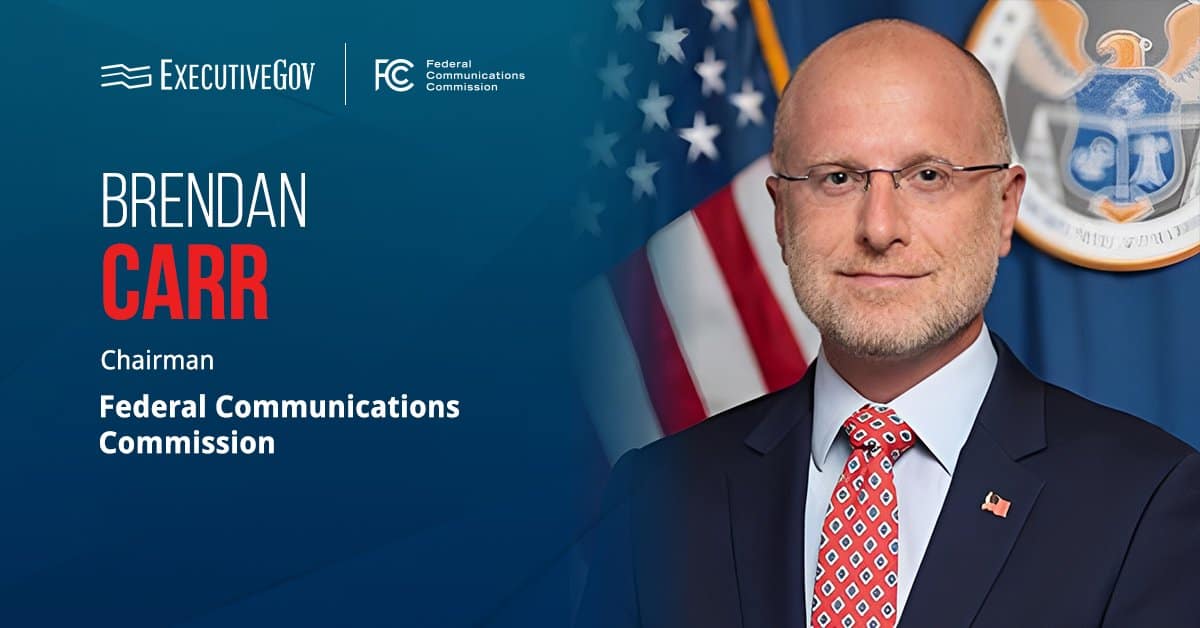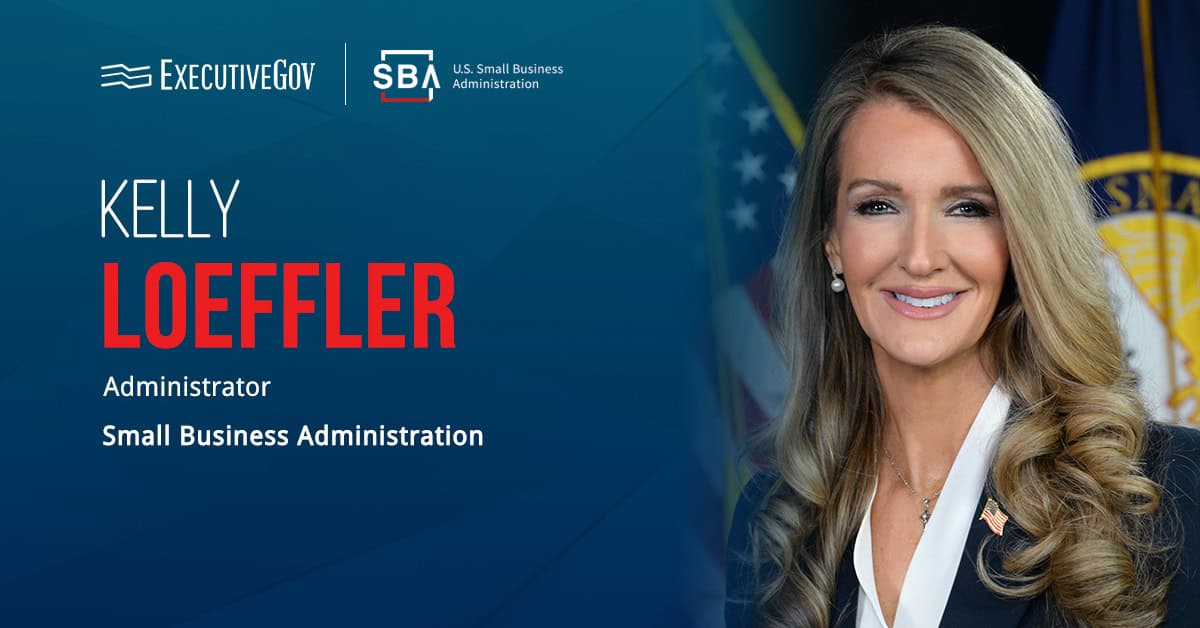The Federal Communications Commission has adopted new rules that seek to eliminate unnecessary paperwork and address regulatory barriers to the ground-station-as-a-service, or GSaaS, business model as part of efforts to drive innovation in the U.S. space economy.
FCC said Thursday the new rules establish a process for ground station operators to secure a baseline license without first identifying a satellite point of communication.
A simple FCC notification will be required for each new point of communication. According to FCC, the change would eliminate nearly half of earth station modification applications.
“Making the smallest change to a satellite system or earth station can require a new FCC approval. So, the Order we adopt today will eliminate FCC approval requirements for a range of routine changes that pose no risk to the public,” FCC Chairman Brendan Carr said in a statement published Thursday.
“Through these and other streamlining improvements, the FCC will hold itself accountable to more predictable timelines, such as a 30-day shot clock for earth station renewal applications,” he added.
What Is Ground-Station-as-a-Service?
The FCC reforms will also help advance the GSaaS business model, which allows multiple satellite systems to share the same ground station. The model also gives satellite operators the ability to transmit and receive signals without the need to establish their own ground infrastructure.
“This neutral-host infrastructure model has already proven to be successful in the wireless industry. By sparing companies the time and money to build their own bespoke infrastructure, we believe Ground-Station-as-a-Service can provide a similar boost for space startups,” Carr noted.





